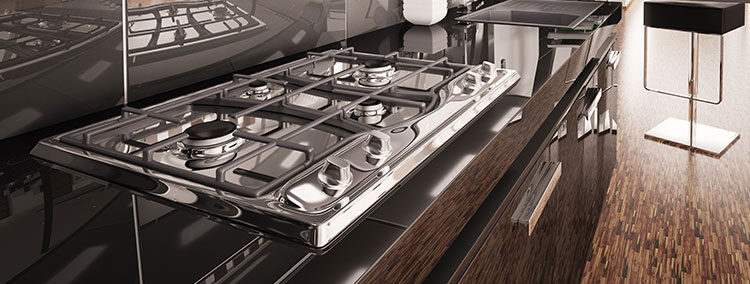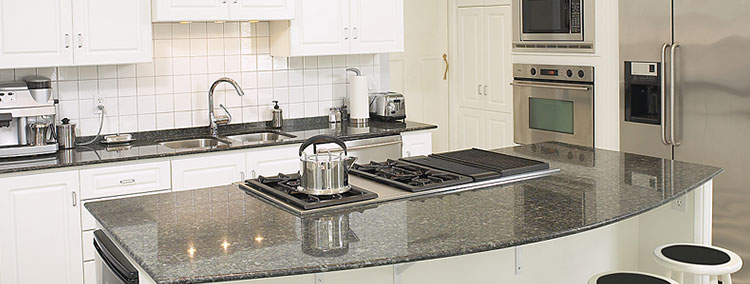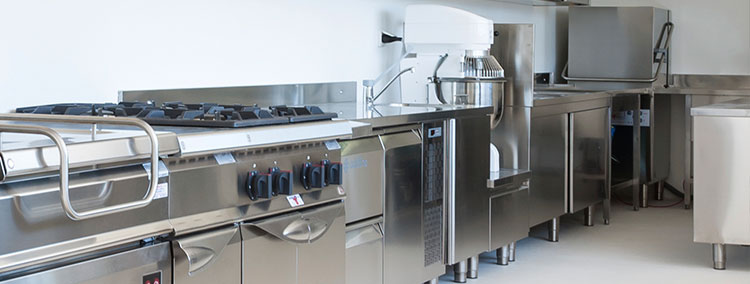If you live in an area with hard water, you must be wondering, does hard water cause dishwasher problems? Unfortunately, it does. Some of the common problems as given by dishwasher repair professionals include:
Residues on the dishes
Here the clear glassware and dishes have a strangely cloudy or chalky residue after removing them from the dishwasher. The cloudy appearance is usually from the mineral deposits in the water.
Although, the glasses and utensils coated with the residue are technically safe to eat with, they can send the wrong picture to the guests. The cloudy dishes also don’t look good sitting in your kitchen.
Residues coating the insides of your dishwasher.
Besides the minerals in the dishes, you are also bound to have the minerals coating the insides of your dishwasher so that you have a cloudy dishwasher.
While the residues on the dishes aren’t of much concern, you have a reason to worry when you have the minerals on your dishwasher, as it’s a matter of time before your dishwasher gets damaged when large deposits build up.
To prevent the minerals from building up too much, make it a habit to clean them with cleaning vinegar. Fill a dishwasher-safe bowl or grass with a cup of cleaning vinegar and place it in the dishwasher. Let the dishwasher run once on a short cycle, and the buildup will go away.
This works because vinegar contains acid that breaks down the minerals on your water and helps the dishwasher flush them out on its own.
Rusting of the dishwasher
When your dishwasher is exposed to hard water for too long, it’s bound to start developing rust patches. There is nothing good about a rusty dishwasher—it’s not sanitary to clean your dishes in the rusty water, and it’s a matter of time before the dishwasher becomes too rusty and breaks.
Hard water causes rust because some of the minerals in hard water are salts that begin corroding the dishwasher when exposed to water and oxygen.
The dishwasher fails to clean the dishes.
It’s one thing for the dishes to come out of the dishwasher with mineral residues on them and an entire ballgame for them to continually come out dirty with bits of food still stuck to them.
When you allow a lot of mineral deposits from the hard water to build up inside the water lines of your dishwasher, they restrict water flow, which significantly reduces the ability of the dishwasher to clean the dishes.
How do you deal with the hard water problem?
To avoid the problems that come with hard water, there are several things you can do. Some of these things include:
Soften the water
Softening the water takes care of the problem from the source. To soften the water, you need to install a water softener that will lower the levels of calcium and magnesium in the water and provide your entire house with softer water.
Use more detergent
If you don’t want to go through the trouble of installing a water softener, consider adding more detergent when running your dishwasher. To tell how much is more, refer to your user’s manual.
Run the dishwasher with vinegar
As mentioned above, vinegar does an excellent job at clearing out hard water stains in the dishwasher. As soon as you notice a calcium scale on the bottom of your dishwasher, fill a cup with vinegar and run a cycle with the cup on the top rack.
Add a rinse aid
The purpose of the rinse aid is to get rid of the spotty and streaky dishes. Upon adding the aid, the dishes come out clean—they aren’t cloudy. When using the detergent, consult your user’s manual to find out the amount of rinse aid you can add to your dishwasher without causing any damage.
There you go
As you can see, hard water is not only harmful to your dishes, but the dishwasher as well. While there are plenty of temporary solutions to the problems brought about by hard water, it’s better to fix the problem once and for all. Work with an appliance repair Springfield professional and find out the best way to go about it.


